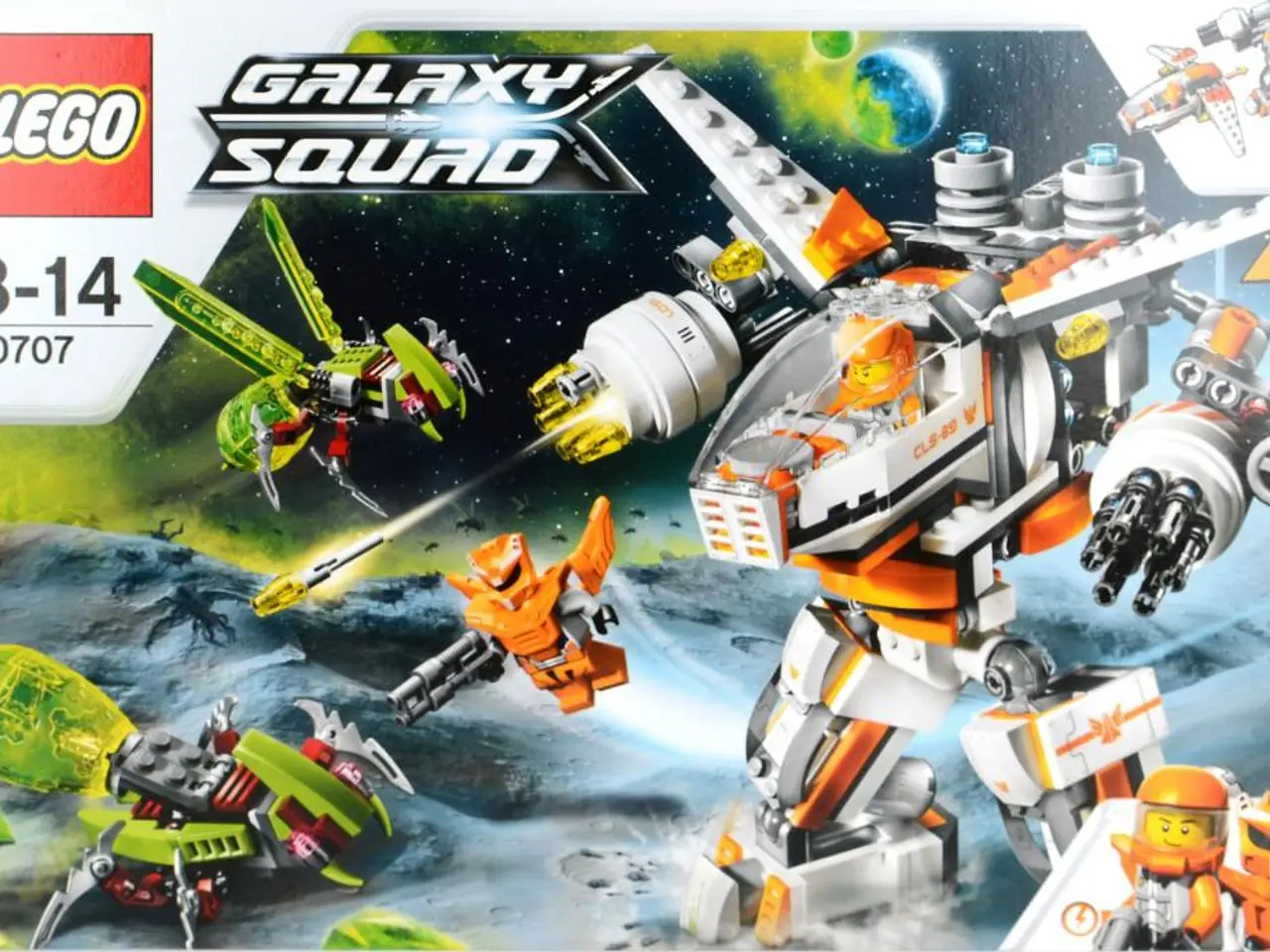Predicts a catastrophic end similar to the fictional scenario depicted in 'Terminator' - Predicts impending doom in the manner of a "Terminator" prophecy.
James Cameron, the acclaimed director known for blockbuster films like Titanic and Avatar, has issued a stark warning about the potential dangers of artificial intelligence (AI) and nuclear weapons in the modern world. In an interview with Rolling Stone, the 70-year-old filmmaker expressed concern about a "Terminator-style apocalypse" if AI is allowed to control weapons systems, particularly nuclear weapons.
Cameron's latest project is a film adaptation of Charles Pellegrino's book "Ghosts of Hiroshima," which explores the human and historical consequences of the atomic bombings of Japan in 1945. In this upcoming film, Cameron aims to tell personal stories of survivors like Tsutomu Yamaguchi as a warning and a human lesson.
The film is expected to reflect on the historical consequences of nuclear weapons, but Cameron also connects the reflection on Hiroshima and Nagasaki to today's dangers. He warns of three parallel threats: climate change and environmental destruction, nuclear weapons, and superintelligence.
The potential threat of superintelligence is a common theme between Cameron's work in science fiction and his current warnings. The Terminator (1984), a cult classic directed by Cameron, initiated the end of humanity in its narrative. Now, Cameron warns that AI-driven warfare could escalate to nuclear conflict due to the fast pace and complexity of modern defense systems.
Cameron compares the AI arms race to the nuclear arms race of the last century, stressing that humans, being fallible, might make mistakes that push the world to the brink of nuclear war. He believes that without careful human oversight, an AI superintelligence managing such systems could trigger catastrophic outcomes similar to those depicted in his Terminator franchise.
However, Cameron does not predict a superintelligence-induced apocalypse, but suggests it could be a possibility. He calls for every new technology to be viewed as potentially dangerous and potentially helpful.
Art, according to Cameron, can reach those in power and industry through an appeal to their humanity - empathy. He believes that remembering the suffering of nuclear bombings keeps alive the ever-present danger of such weapons and destructive technology. Similarly, art serves as a means to keep the dangers of AI and destructive technology alive in the minds of the powerful.
Empathy, as per Cameron, is a powerful tool in fostering humanity's spiritual evolution. By telling the stories of survivors like Tsutomu Yamaguchi, Cameron hopes to evoke empathy and prevent history from repeating itself.
- James Cameron, despite his success in directing films such as Titanic and Avatar, is now expressing concerns about the fusion of artificial intelligence and nuclear weapons, suggesting a possible "Terminator-style apocalypse".
- In his latest project, based on Charles Pellegrino's book "Ghosts of Hiroshima", Cameron highlights the personal stories of Hiroshima and Nagasaki survivors as a profound warning against the dangers of nuclear weapons.
- Cameron's concern extends beyond the historical consequences of nuclear weapons, as he also sees parallels with contemporary threats like climate change, environmental destruction, and superintelligence.
- The fast pace and complexity of modern defense systems, if managed by AI, could lead to catastrophic nuclear conflicts, much like the AI-induced end of humanity in The Terminator (1984), directed by Cameron.
- Art, such as films directed by Cameron, offers a unique platform to evoke empathy among industry leaders and politicians, serving as a reminder of the human suffering caused by weapons of mass destruction, including nuclear weapons and advanced AI.




